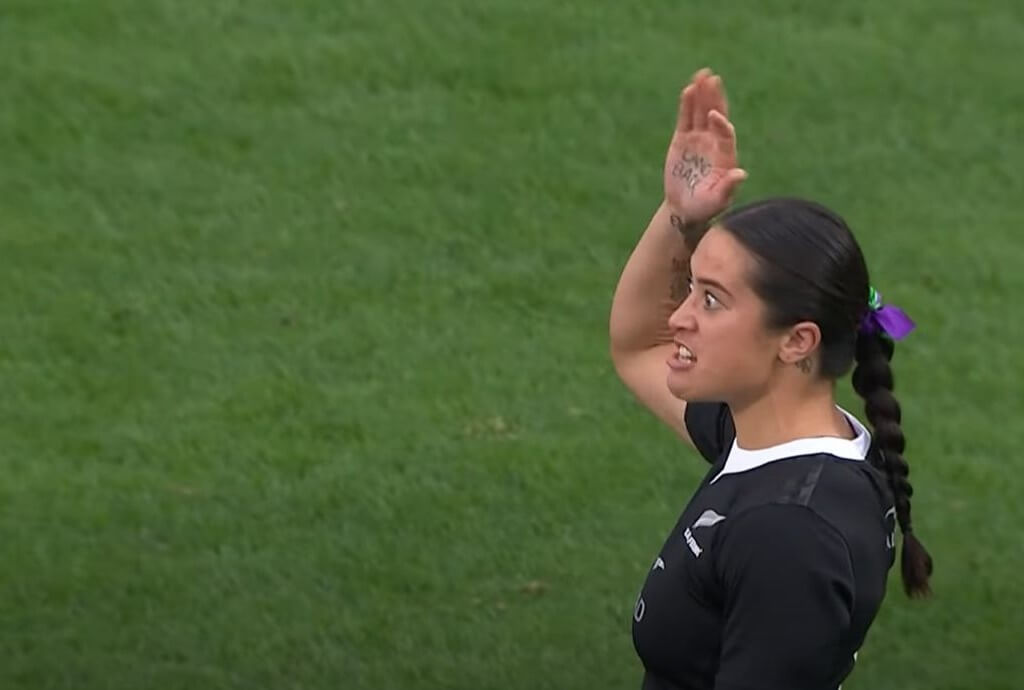Summarised by Centrist
New Zealand’s citizen-initiated referendum system allows individuals to propose national votes by gathering signatures from 10% of voters. While these referenda are non-binding, they can create a lot of political pressure.
This process could play a central role in the Treaty of Waitangi debate as ACT leader David Seymour pushes for a binding referendum on his Treaty Principles Bill.
The bill proposes to rewrite and legislate the Treaty’s principles, sparking concerns from critics who argue it risks putting minority rights at the mercy of majority rule.
Proponents argue there are no rights for a minority. There is only equality of opportunity; one nation; and one rule of law.
Prime Minister Christopher Luxon, acknowledging “more division” in race relations, supports the bill only through its second reading, suggesting it will fail. However, political experts believe citizen action could revive the issue, as seen with past referenda in New Zealand, such as the 2009 “anti-smacking” vote.
New Zealand has held five citizen-initiated referenda since the 1990s, but the process is arduous. Organisers must gather handwritten signatures from 10% of eligible voters—currently around 360,000 people—within 12 months. While many campaigns fail, the Treaty debate’s prominence could galvanise significant public engagement.
Waikato University’s Alexander Gillespie notes that referenda can destabilise minority protections, especially in New Zealand’s fast-moving legislative system, which lacks a written constitution or second chamber.
Read more over at ABC.net and Parliament.nz



















